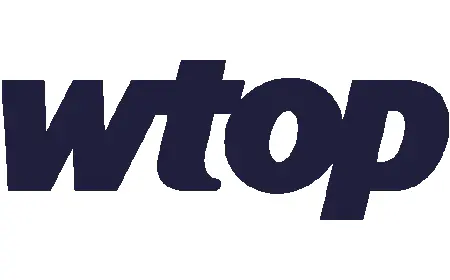Solana brings ZK compression and much cheaper on-chain deployment
The Solana network introduced tools to reduce the computational and financial cost of deploying apps, collections, or other on-chain events. It also introduced ZK compression to speed up its network. Mert Mumtaz of Helius labs explained the changes for Solana, which will work to decrease developers’ costs. New projects can build anything directly on Solana […]

The Solana network introduced tools to reduce the computational and financial cost of deploying apps, collections, or other on-chain events. It also introduced ZK compression to speed up its network.
Mert Mumtaz of Helius labs explained the changes for Solana, which will work to decrease developers’ costs. New projects can build anything directly on Solana without off-chain compression.
Solana states that these are expensive resources and could hamper all app builders, especially when onboarding accounts. Now, the new Solana network has no barriers to scaling projects.
Vitalik Buterin gives props to new Solana architecture
Since the Solana changes are highly technical, they were a hotly discussed topic on Farcaster, the decentralized social media for crypto communities. Vitalik Buterin, the co-founder of Ethereum, commented that Solana had achieved stateless architecture. The update also opened the doors for a new type of account, similar to smart wallets.
The explanation of Solana’s fresh approach also created controversy on social media, as the Solana and Ethereum communities clashed. In the end, Mert Mumtaz also ended up defending the Solana ecosystem. The Solana Foundation still supports validators and even has a subsidy for some of the network fees.
The ultimate effect of the upgrade will be Solana’s speed, despite the controversy about whether the approach is called a ZK rollup or ZK compression.
What does Solana ZK compression mean for new accounts?
Introducing direct ZK compression means Solana will not need L2 scalable solutions. With this move, Solana takes a different path from Ethereum. Instead of building L2 to store information, Solana will compress data directly on L1. This means all events will not be broadcast to the blockchain, but only their verified hashes. The compression will solve state bloat and make the creation of apps easier.
Read: Solana price prediction 2024-2030: Is SOL a good investment?
The recent upgrade brings a 10,000-time scaling for on-chain events, removing the need for new blockchains with ZK rollups or another technology. Developers will still need to decide when to use compression, and the best use cases for this technology are to be discovered in time. Some records will remain costly, depending on the app’s model.
For instance, organizing airdrops will be dramatically cheaper, even for 1M users. Previously, computing and storing the state of 1M accounts would incur costs of $260K, prohibitive to multiple projects. The same airdrop with ZK compression can cost as low as $50.
This also means that the Solana L1 will look much busier and surpass the Ethereum main net. Solana is currently the busiest network with direct on-chain activity for DeFi. The blockchain allows for cheap computation and low-cost transactions.
Also read: Everything about Solana Meme Coins
The already fast network also carried up to 75% of bot traffic, with no other blockchain capable of repeating the feat. Solana also overcame problems with consensus just in time for the boom of meme token creation.
Can SOL recover its market price?
The news of a new, more scalable Solana chain did not work to improve the SOL token market price. SOL sank to $126.75 after the entire crypto market corrected. SOL trading volumes also backtracked to under $1B, close to a three-month low.
The value locked on Solana also slid to $3.99B after most of the leading apps saw an outflow of users. Solana performed well in 2024 but has also faced setbacks. Despite the US Securities and Exchange Commission’s decision to stop all Ethereum investigations, Solana does not have a similar reassurance.
SOL tokens have not been proven to be unregistered securities. Solana has not faced an investigation so far, but a big lawsuit may be in the making, according to rumors.
Solana has shown it can rebuild its DeFi sector and even carry new, high-speed trends like bot-based meme token trading. SOL also managed to leave behind some accusations that its previous growth was not organic but heavily supported by the FTX exchange.
Cryptopolitan reporting by Hristina Vasileva
What's Your Reaction?









































































































